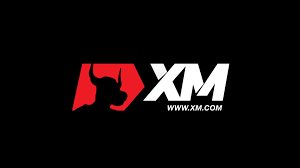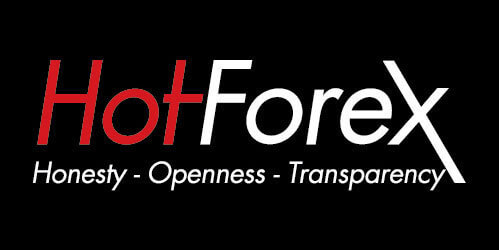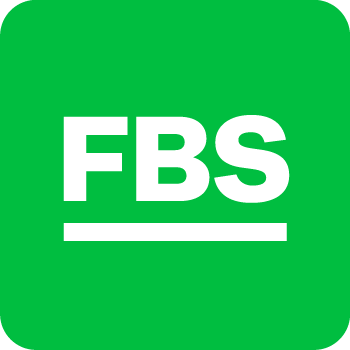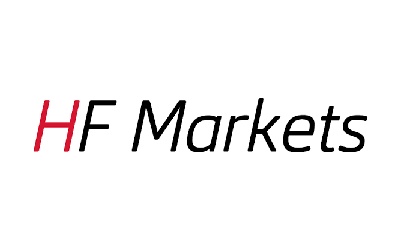Best HKSFC Regulated Brokers
If you need to find the best HKSFC regulated brokers available today, you’re in the right place. Our expert guide is completely free and will explain what the HKSFC is, what its roles and responsibilities are, and show you how to find the top brokers.
Those of you living in Hong Kong who want to start trading would be advised to look for HKSFC regulated brokers. This is because using an established regulator means brokers are obliged to follow their rules and regulations, and have your interests at the heart of operations.
Want to find out what exactly the HKSFC is and what how they can improve your trading experience? Read on to get yourself up to speed.
Best and most trusted forex brokers in April 2024
Finding the best HKSFC regulated brokers
In order to find the best brokers which are regulated by HKSFC, you should first make sure they’re being honest about their license. You can find out how to check for HKSFC regulation below.
Because there are four financial regulators all working together to provide a safe environment, most HKSFC regulated brokers are safe. Therefore, the best choice may simply be down to your own preference. Consider the look and feel of the site, customer feedback, and – of course – a valid license before you sign up to a broker.
What is the HKSFC?
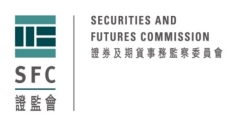
The Hong Kong Securities and Futures Commissions came about in 1989, following the stock market crash in October 1987. Known as Black Money, it was the day when stock markets all over the world crashed and shed truckloads of value in a very short space of time.
The origin of the crash was Hong Kong. From there, it spread to Europe and hit the USA after other markets had already lost a significant margin. In Australia and New Zealand, it is also known as Black Tuesday because of the time zone difference.
Towards the end of October 1987, stock markets across the world had fallen. For example, in the UK it fell by 26.45%, in Australia it was 41.8%, and in Hong Kong it fell by 45.5%. Then, In 1997, the Asian financial crisis hit, leading to further improvements in the regulatory framework.
Asian financial crisis
The crisis began with the financial collapse of the Thai baht. This collapse happened because the Thai government was forced to float the baht due to a lack of foreign currency to support its peg to the US dollar. The situation wasn’t helped by the burden of foreign debt, which was making the country virtually bankrupt.
Hong Kong was affected by speculative pressure because of its significantly high inflation rate. More than $1 billion was used by monetary authorities to defend the Hong Kong dollar. Luckily, Hong Kong had more than $80 billion in foreign reserves, and the Hong Kong Monetary Authority was able to maintain the HK dollar’s peg to the US dollar.
2008 financial crash
2008 saw a further global financial crisis and from then on regulators around the world have been working to introduce measures to overhaul the financial system. The Hong Kong Securities and Futures Commission is a member of the International Organization of Securities Commissions, and plays a leading role in looking at the impact of reforms – not just in the Asia-Pacific region, but globally as well. The HKSFC also works in close collaboration with mainland China to improve the financial service industry for all involved.
What does the HKSFC do?
The HKSFC has a lot of responsibilites. These include:
- Establishing market regulations and ensuring they are enforced – including the investigation of any breaking of the rules and cases of misconduct
- Issuing licenses and providing supervision of activities which fall under the Commission’s responsibility
- Enhancing the infrastructure of markets and supervising market operators
- Authorizing investment products and providing documents prior to them being offered to retail traders
- Overseeing the regulations for takeovers and mergers of public companies, as well as listing matters for the Stock Exchange of Hong Kong Ltd
- Working with and helping overseas regulatory bodies
- Providing help and assistance to consumers about market operations, the risks involved, as well as their rights and responsibilities
There are four financial regulators including the HKSFC and they work together to ensure proper conduct in the markets and to help prevent financial crime and misconduct.
What is a HKSFC regulated broker?
A broker operating in Hong Kong – or offering services for Hong Kong residents – has to be licensed or registered with the SFC, unless it is exempt. Carrying out a regulated activity such as leveraged foreign exchange trading without such authorization is a serious offense.
There is a set of basic approval criteria which includes:
- Being able to satisfy the SFC that the applicant is fit and proper
- Being assessed for financial status and solvency, educational and other qualifications, and industry experience
- Being able to carry out the regulated activity competently
- A corporation wanting to join the best HKSFC regulated brokers will require a proper business structure, qualified personnel, and good internal systems
- Satisfy capital requirements
What are your rights if you have a complaint concerning an HKSFC regulated broker?
A wholly owned subsidiary of the SFC is the Investor Compensation Company Ltd. It was established to administer claims against the Investor Compensation Fund. Its job is to receive, assess and determine whether any claims against the Fund are valid. If they are, it’s the SFC’s duty to make payments and try to recover any losses.
The functions of this organization have been set out in an official Order, known as the Securities and Futures (Transfer of Functions – Investor Compensation Company) Order. They include:
- Managing and administering the Fund
- Publishing Notices Inviting Claims
- Deciding whether a claim has been lodged within the required time limit
- Accepting the lodging of a claim
- Determining whether there is a valid claim for compensation
- Asking for the production of relevant records
- Issuing a Notice of Determination
- Paying compensation and deciding the order of the payments
You will be eligible to make a claim if you suffer pecuniary losses due to the default of an HKSFC regulated broker or authorized financial institution. It is also possible to lodge a complaint with the HKSFC itself.
You can file complaints on a number of different aspects. For example, if you suspect market misconduct, or are dissatisfied with the level of service from the SFC.
If you want to make a complaint regarding an HKSFC regulated broker, the commission is able to investigate the complaint and penalize any wrongdoers either with a prosecution or by taking disciplinary action. The commission, however, is unable to act as a legal advisor, unable to get involved in private civil disputes or get your money back.
How can I check for HKSFC regulation?
The first step to finding out a broker’s regulator is to simply check the website. When you’re looking at potential brokers, just scroll down to the bottom of the page. The license number will usually be in the footer.
However, there’s always the chance that the website’s information isn’t accurate. Therefore, it’s a good idea to double check the license number against the official HKSFC website. There, you’ll find a full list of verified, regulated brokers.
Other brokers by regulation authority
Related Articles
